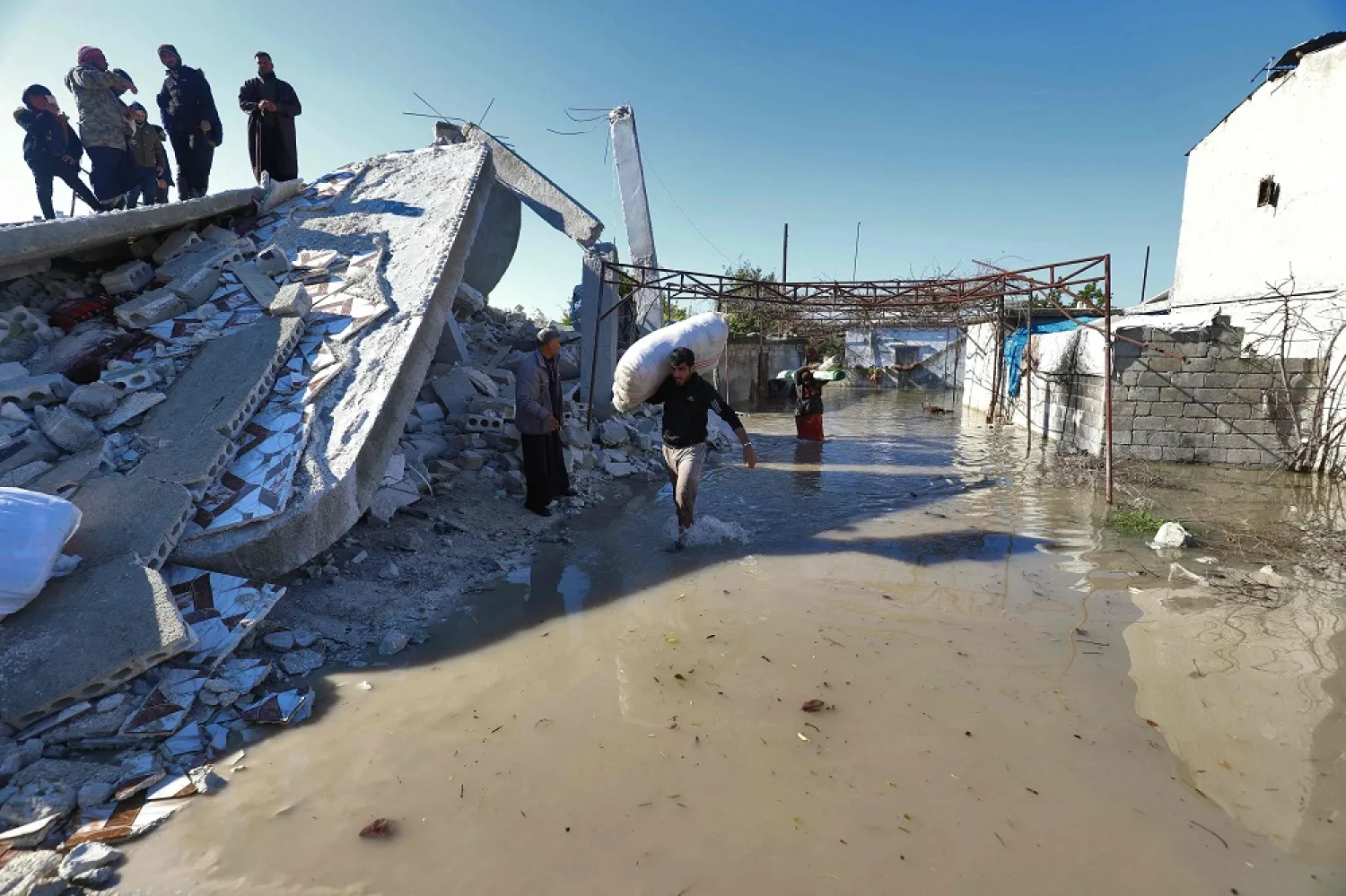The first United Nations convoy carrying aid to Syrians stricken three days ago by a deadly earthquake crossed from Türkiye on Thursday, witnesses and a border crossing official said.
The convoy entered Syria at the Bab al-Hawa crossing, the sources said. Turkish authorities said they would open other crossing points in two days if security was sound.
The UN's envoy to Syria earlier said "absolutely everything" was needed in terms of aid following Monday's huge earthquake, which devastated swathes of southern Türkiye and northern Syria.
It stuck at night and was followed by powerful aftershocks. The death toll from it neared 16,000 on Thursday as frustration simmered over the slow delivery of aid.
The UN has described Bab al-Hawa as a "lifeline" for accessing the opposition-controlled area of Syria, where it says some 4 million people - many displaced by the country's 12-year conflict there - were already relying on humanitarian assistance before the quake struck.
"We need lifesaving aid," UN envoy Geir Pedersen told reporters in Geneva.
"It's desperately needed by civilians wherever they are, irrespective of borders and boundaries. We need it urgently through the fastest, most direct and most effective routes. They need more of absolutely everything."
Pedersen called for assurances that there would be no political hindrances inside Syria to getting aid to where it was most needed.
"We had a problem because the roads leading to the border crossing (between Türkiye and Syria) had been destroyed," Pedersen said. "But we were assured that we will be able to get through the first assistance today."









